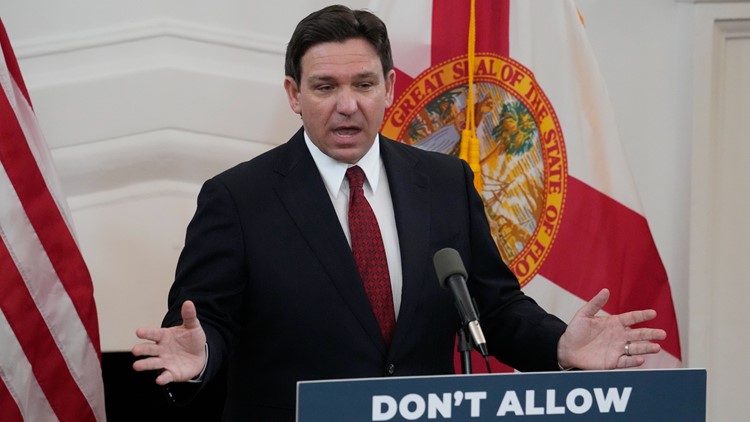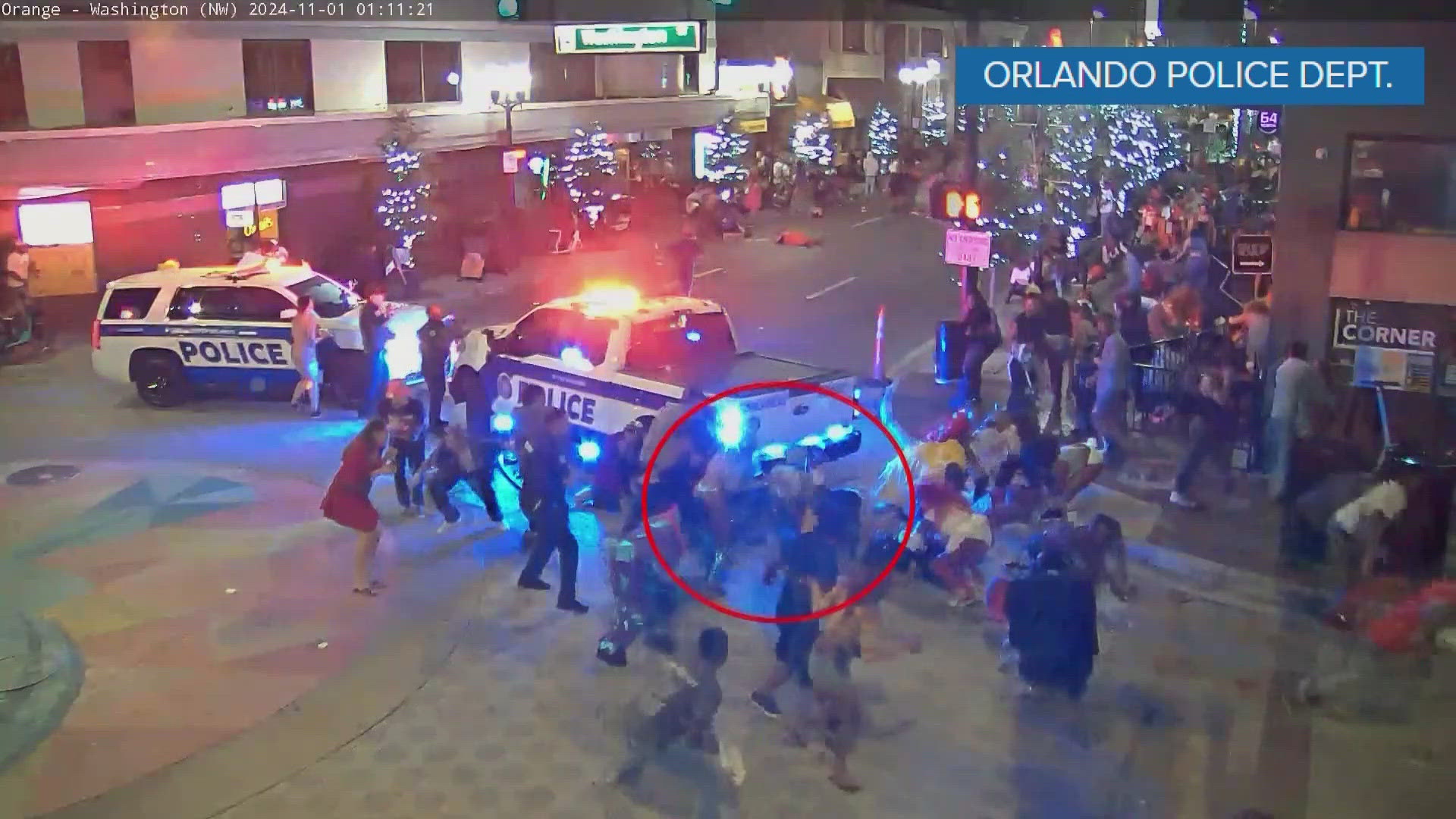TALLAHASSEE, Fla. — After more than 1,200 objections were filed to school-library books and other materials last school year, Gov. Ron DeSantis on Tuesday signed a bill that will limit challenges by some people.
The wide-ranging bill (HB 1285) also includes making changes designed to ease the process of charter schools taking over operations at traditional public schools that lag in performance.
The part of the measure dealing with book challenges came after the Republican-controlled Legislature and DeSantis in the past two years approved measures that ramped up scrutiny of library books and classroom materials. It also came after highly publicized disputes about removing books.
More than half of the 1,218 book objections during the 2022-2023 school year occurred in two counties, Clay and Escambia, according to a Senate staff analysis. The objections resulted in the removal of 186 books in the two counties.
The bill will require that any “resident of the county who is not the parent or guardian of a student with access to school district materials may not object to more than one material per month.”
During a media event Monday, DeSantis said that some people who filed mass objections to books made a “mockery” of the process.
“The idea that someone can use the parents’ rights and the curriculum transparency to start objecting to every single book, to try to make a mockery of this, is wrong. And you had examples where books were put under review that are just normal books that have been in education for many many years,” DeSantis said.
Using the example of Escambia County, DeSantis said the county “had a lot of books that should not have been under review” and said instances of mass book objections came “from all ends of the political spectrum.”
“There’s some people that really think all these books that have been in school are inappropriate. There’s other people that know that they’re appropriate, but are trying to act like Florida does not want these books in,” DeSantis said.
Education Commissioner Manny Diaz Jr. said Monday that the new limit on book challenges will help school districts in reviewing objections.
“That will make the process easier for the district to get through, because you can actually review the book in a timely manner,” Diaz said.
Meanwhile, parts of the bill related to underperforming public schools would “add some oomph” to the state’s process of allowing charter schools to take over operations, DeSantis said.
Under state law, if a school receives consecutive D or F grades based on various performance criteria, the school is given two years to improve to a C grade under what’s known as a “turnaround plan.” If the school’s grade doesn’t make such an improvement, one option is for the school to close and reopen as a charter school.
The bill signed Tuesday will speed up the process of converting traditional public schools to charter schools under such circumstances, in part by giving districts a deadline to execute charter contracts. For schools reopening as charters, districts would have to execute contracts by Oct. 1 of the following school year, and charter organizations would assume “full operational control” by July.
Speaking Monday at a Pensacola school that was taken over by a charter operator after lagging in performance, DeSantis said the transition “took forever.”
“That’s not what we want to be happening, where this stuff takes forever and a day. I mean, if you have a school that is getting F grades, we need to remediate very quickly. If you drag your feet for three or four years, those are three or four years of students that are not getting the type of education that they should be getting,” DeSantis said at Warrington Preparatory Academy.
Changes in the bill also include requiring charter operators that take over traditional public schools to serve the same grade levels as the traditional schools did, “at its current enrollment or higher,” but also give charters the option to offer additional grade levels.
The law also will direct state education officials to create a “classical education teaching certificate.” The certificates would only be valid at classical schools, and to obtain them applicants would have to meet most — but not all — requirements that traditional public-school teachers would have to meet.
Applicants for classical education certificates would be exempt from meeting requirements that they “demonstrate mastery of general knowledge,” “demonstrate mastery of subject area knowledge,” or demonstrate “mastery of professional preparation” and education competence.
The state has 18 classical charter schools in nine districts, according to the bill analysis.
“We have such a growth in the classical space, and those classical teachers have to be different,” Diaz said. “And so, we want to be able to have certification for those teachers that are going into a classical model where the most important piece is, yes, they have a license, but what is the professional development attached to that?”
Speaking at a classical school in Jacksonville where DeSantis signed the bill Tuesday, Diaz added that education officials did not want classical certificates to carry the same requirements as school districts, “because classical schools do it very differently.”



